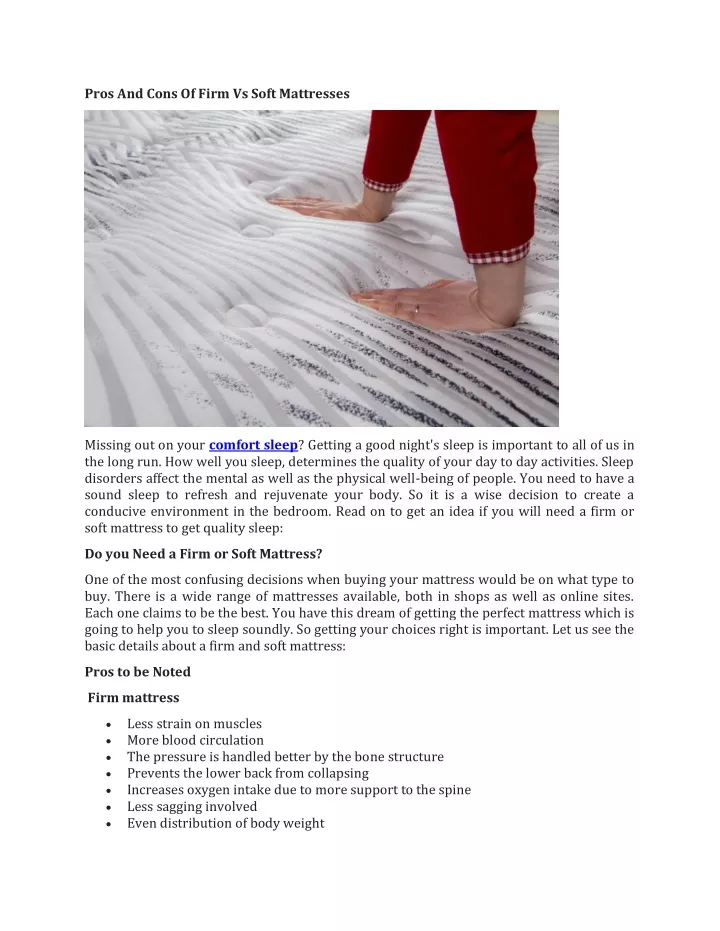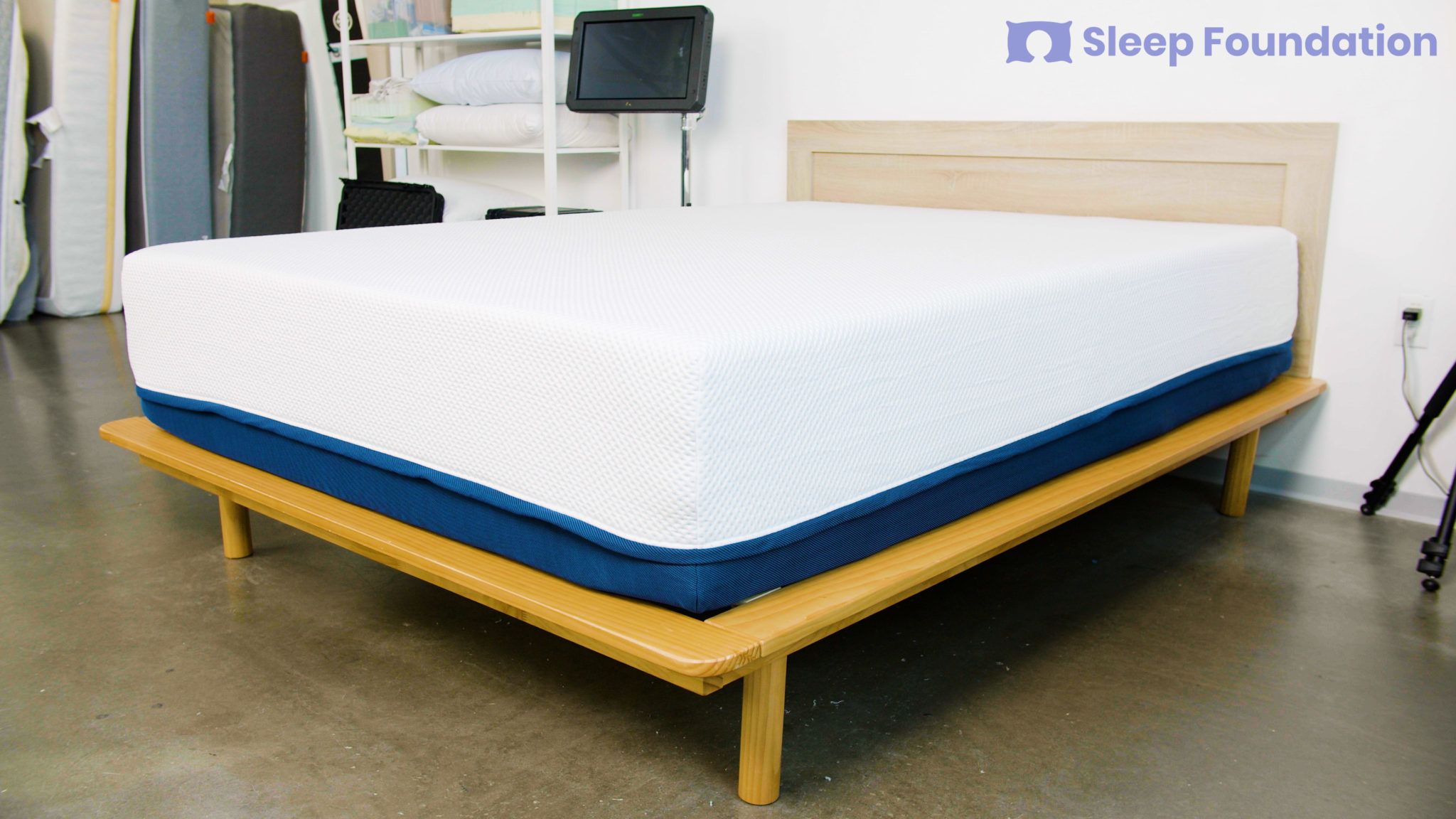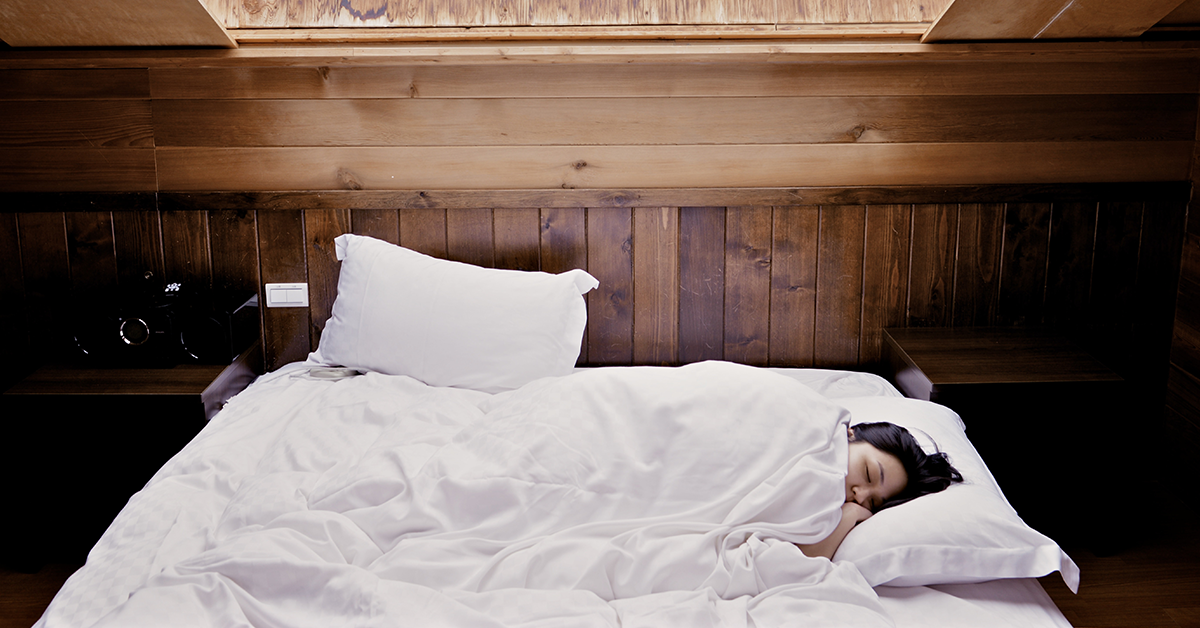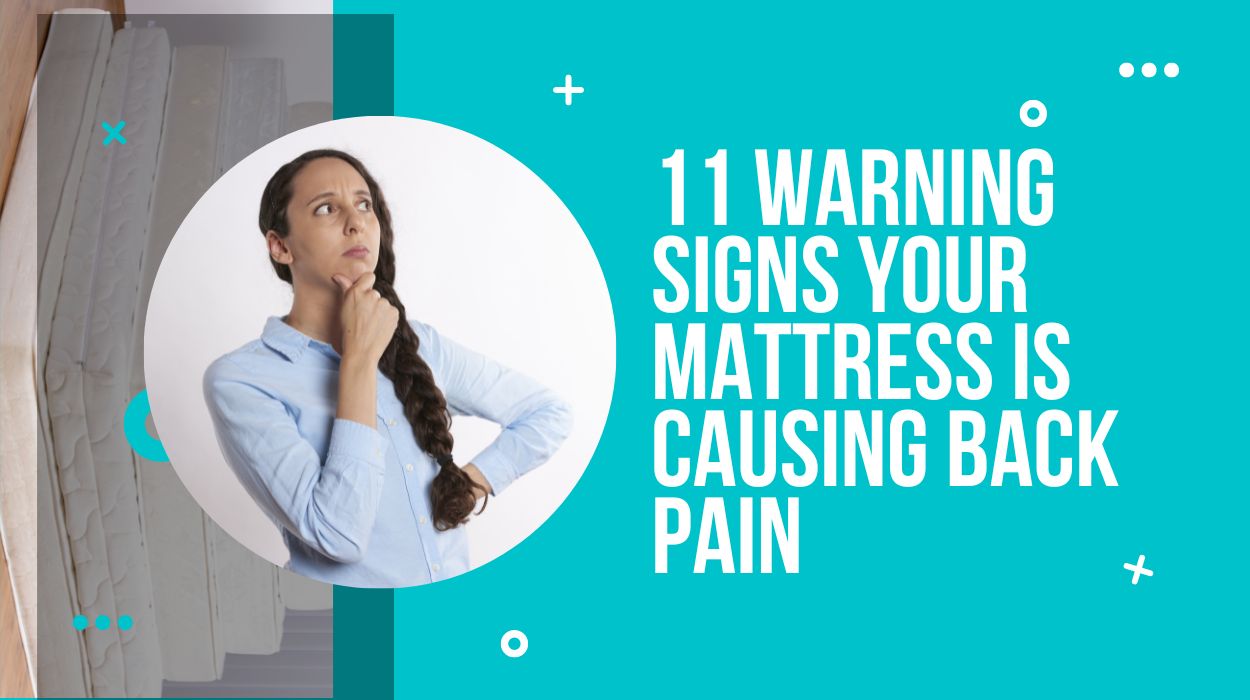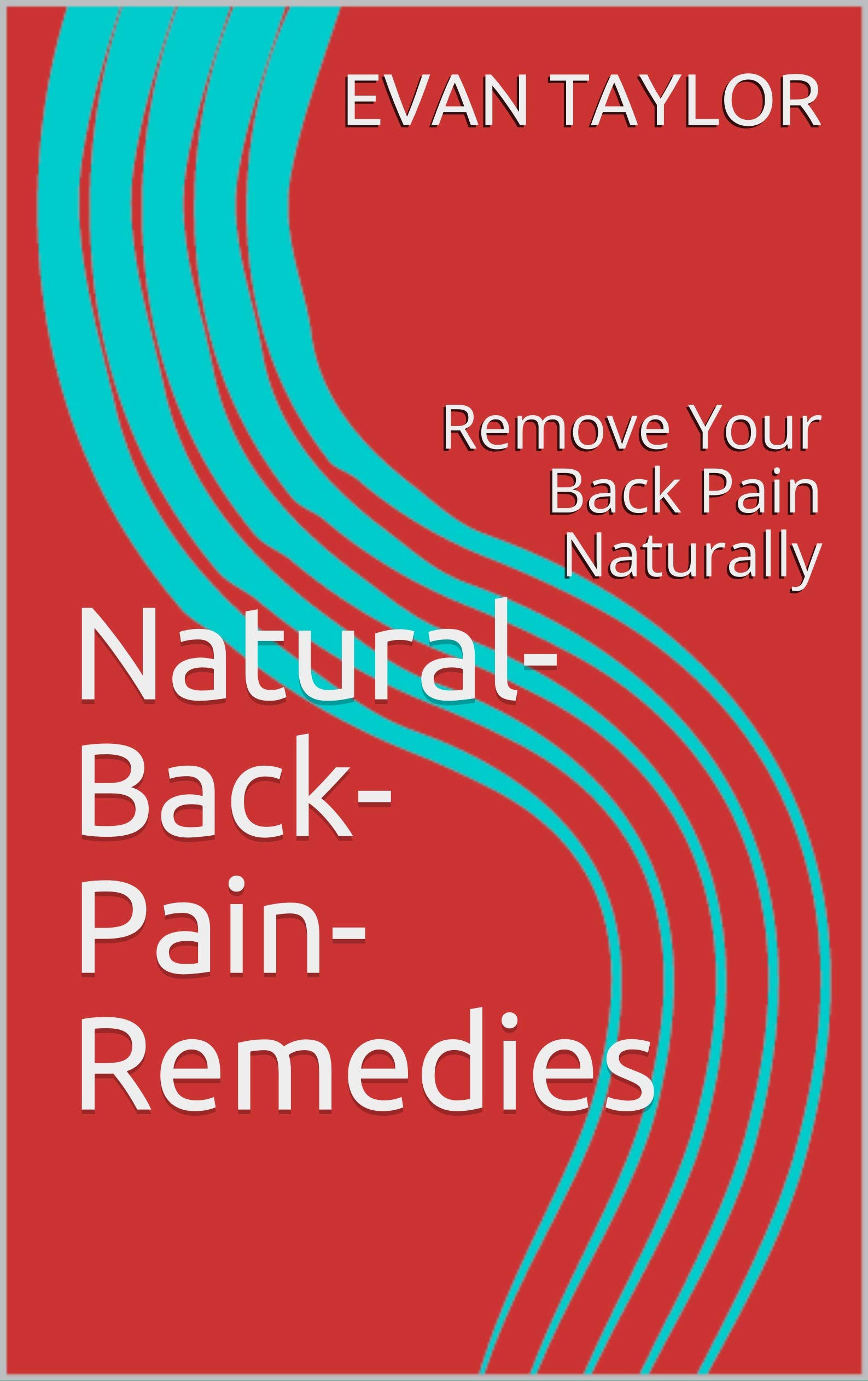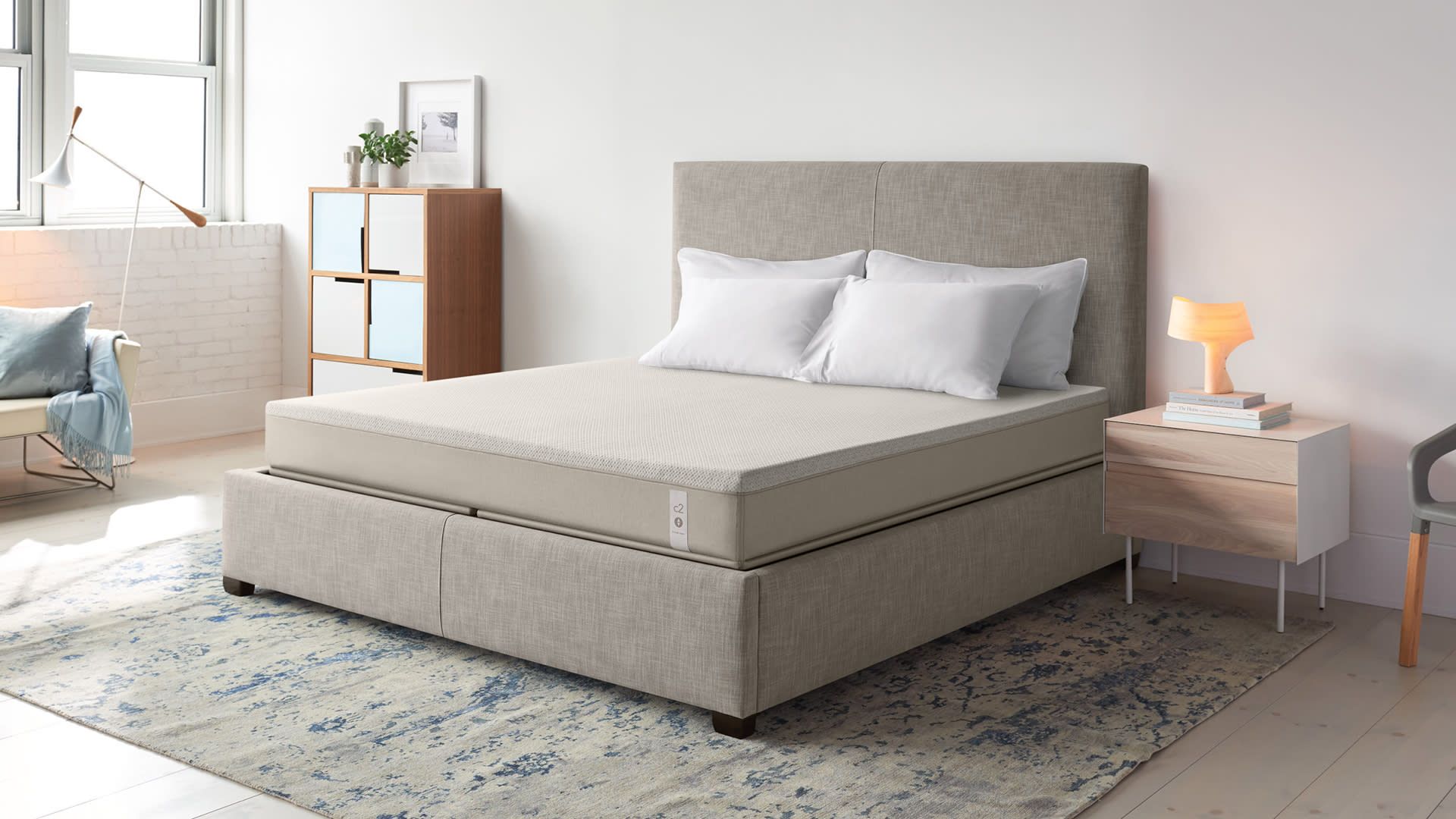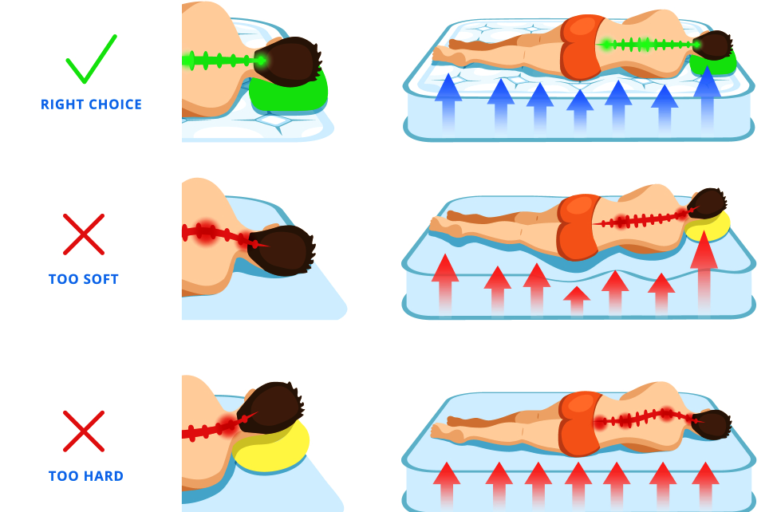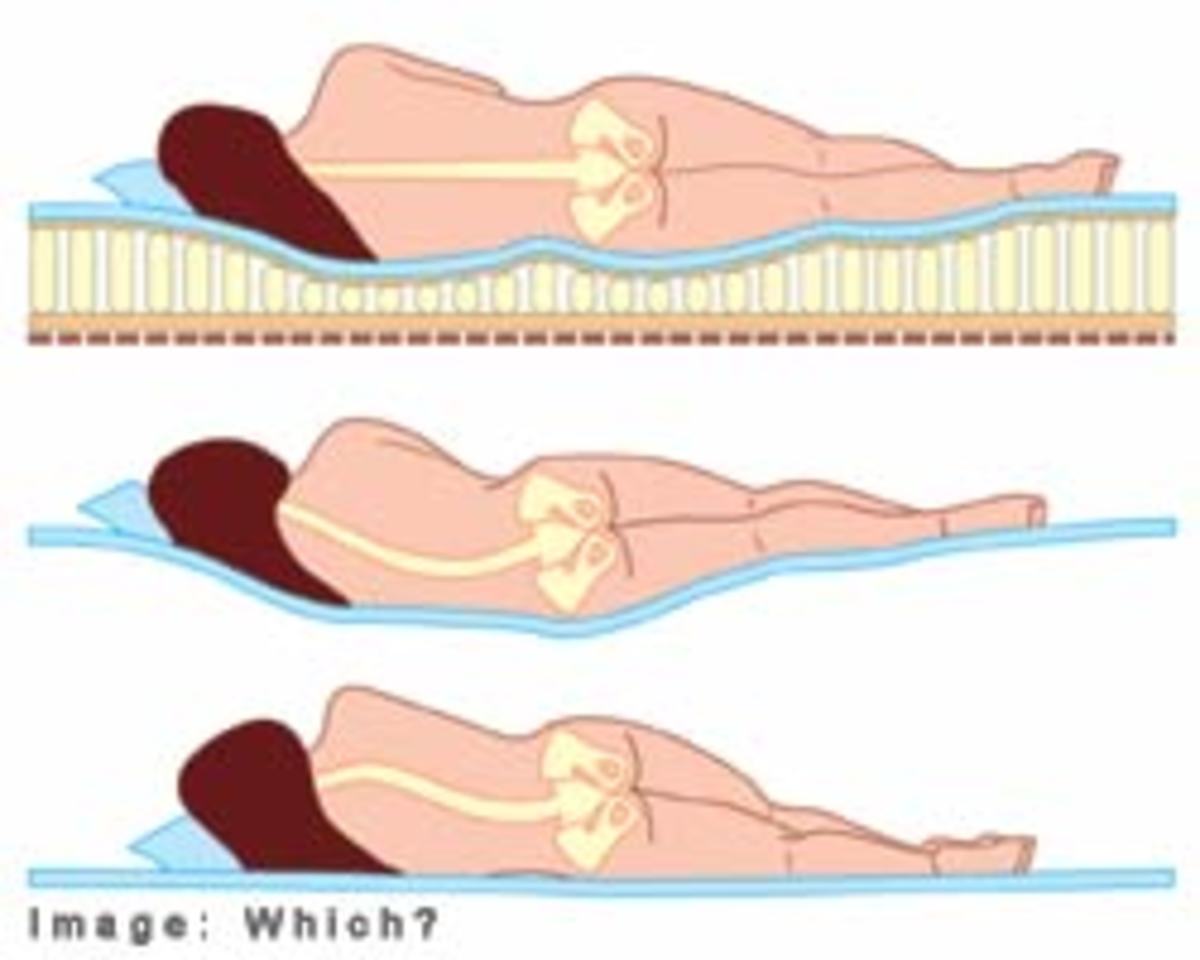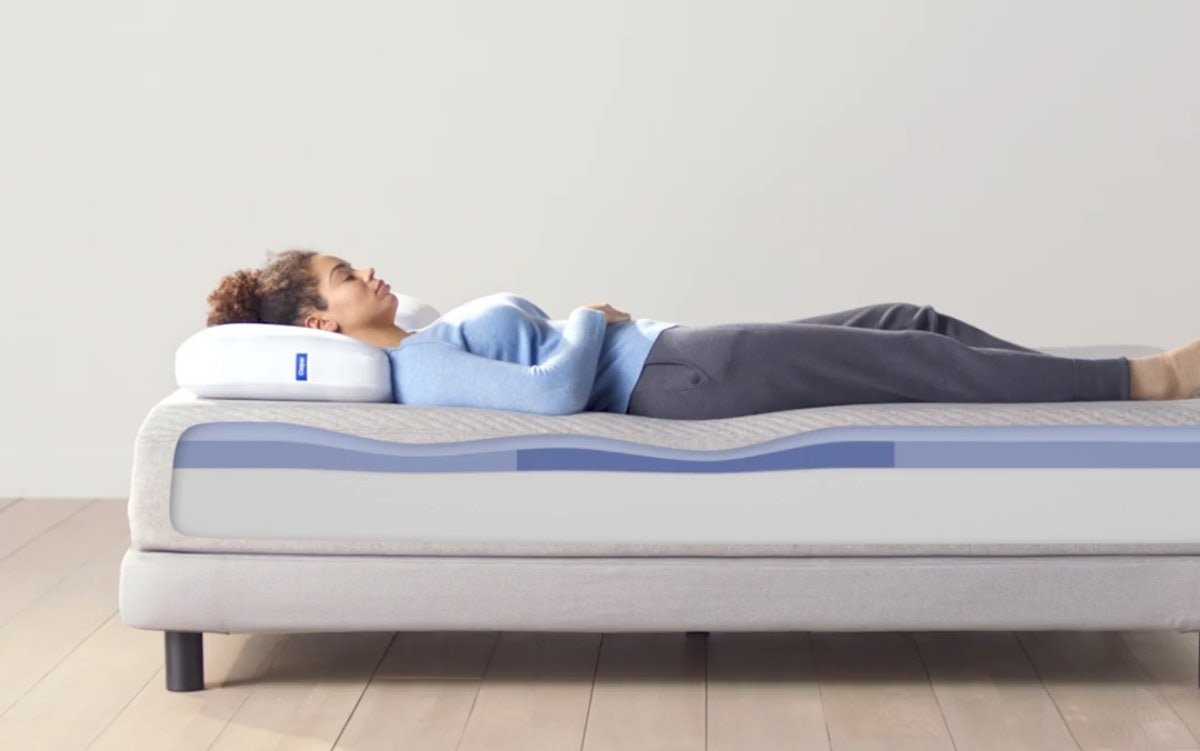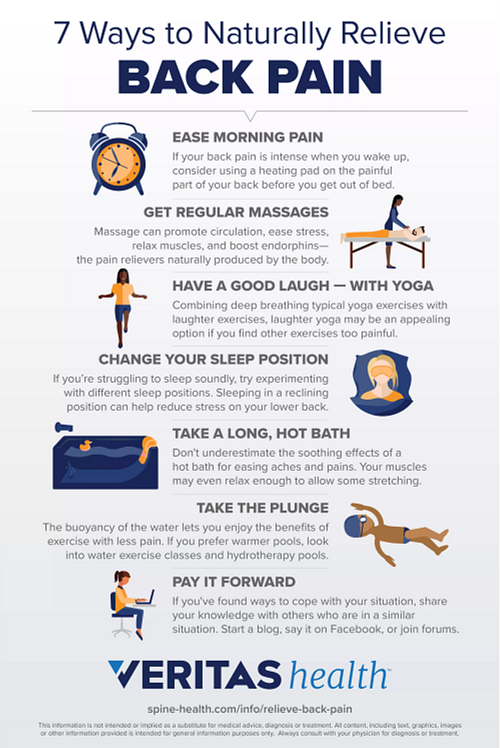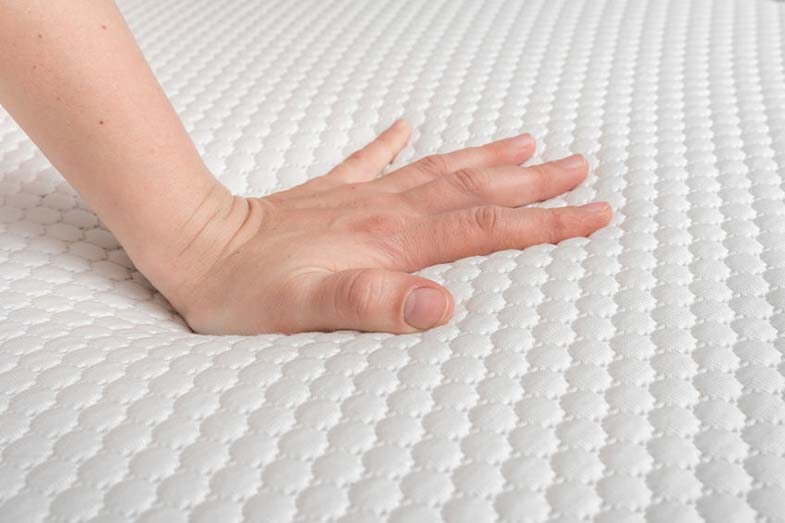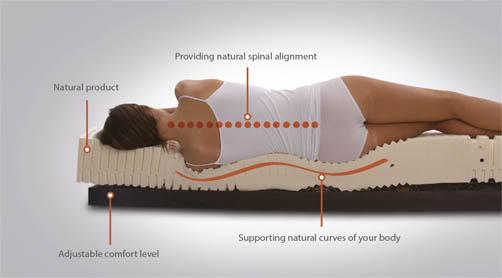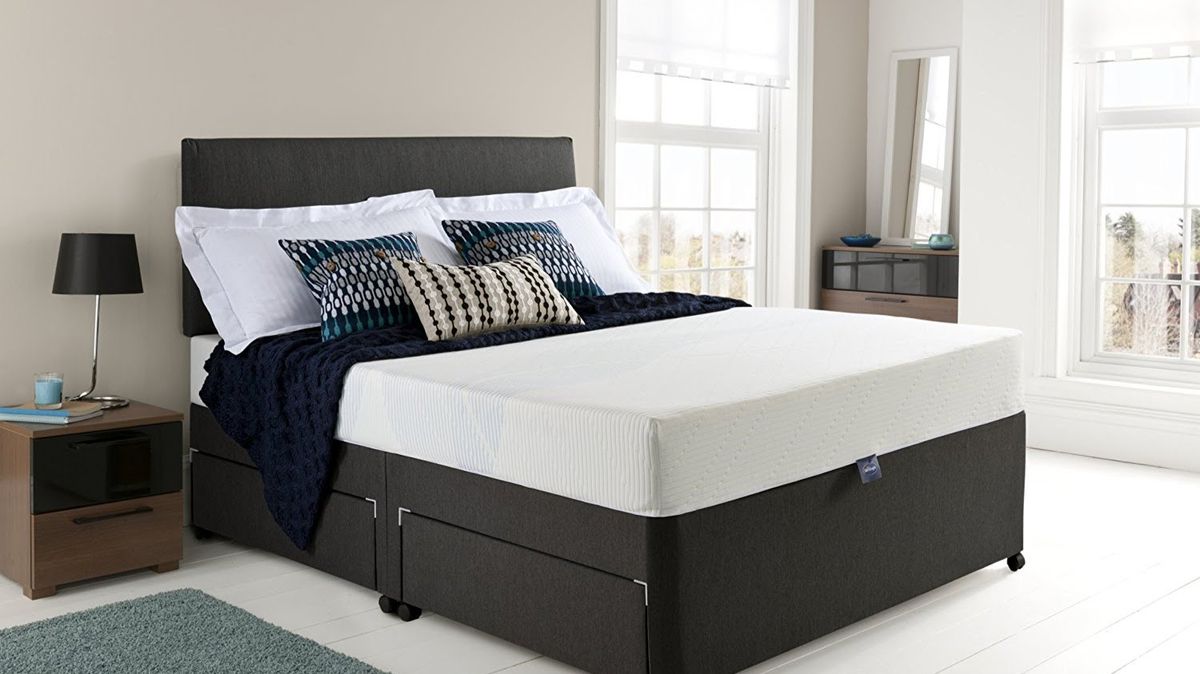Soft Mattresses and Back Pain: Pros and Cons
If you're someone who struggles with upper back pain, you know how debilitating it can be. It affects your daily activities and can even disrupt your sleep. Many people turn to their mattress as a potential cause for their back pain, and for good reason. A mattress that is too soft or unsupportive can contribute to back pain and discomfort. However, there are also some benefits to sleeping on a soft mattress. Let's take a closer look at the pros and cons of soft mattresses and their impact on back pain.
How Your Mattress May Be Causing Your Back Pain
One of the main reasons why a soft mattress can cause back pain is because it lacks proper support. When you sleep on a soft mattress, your body sinks into the surface, causing your spine to become misaligned. This puts strain on your back muscles and can lead to discomfort and pain. Additionally, a soft mattress may not provide enough support for your body, which can lead to pressure points and further exacerbate your back pain.
Is Your Mattress Causing Your Back Pain?
It's important to note that a soft mattress may not be the sole cause of your back pain. Other factors, such as your sleeping position, the age and quality of your mattress, and any underlying medical conditions, can also contribute to back pain. However, if you consistently wake up with back pain and find relief when sleeping on a different surface, it may be a sign that your soft mattress is the culprit.
How to Choose the Best Mattress for Back Pain
If you're in the market for a new mattress and struggle with back pain, it's important to carefully consider your options. Look for a mattress that offers ample support for your body and promotes proper spinal alignment. This may mean choosing a medium-firm or firm mattress over a soft one. Additionally, look for materials that can provide pressure relief, such as memory foam or latex.
Can a Mattress Cause Back Pain?
The short answer is yes. While a mattress may not be the sole cause of back pain, it can certainly contribute to it. It's important to choose a mattress that is supportive and comfortable for your body, as well as address any underlying issues that may be causing your back pain.
Soft Mattresses and Back Pain: What You Need to Know
It's important to understand that everyone's body is different and what works for one person may not work for another. While some people may find relief on a soft mattress, others may experience more discomfort. It's crucial to find the right balance for your body and listen to your own needs and preferences.
How to Relieve Back Pain Caused by a Soft Mattress
If you believe your soft mattress is causing your back pain, there are a few things you can try to find relief. First, you can try adding a mattress topper or a firmer support layer to your mattress. This can provide extra support and alleviate pressure points. Additionally, regularly stretching and strengthening your back muscles can help reduce pain and discomfort caused by a soft mattress.
Soft Mattresses and Back Pain: Finding the Right Balance
When it comes to finding the right balance between comfort and support for back pain, it's important to consider your body's needs. While a soft mattress may feel comfortable initially, it may not provide the necessary support for your spine. On the other hand, a mattress that is too firm may also cause discomfort. Finding the right balance between the two is key for managing back pain.
How to Tell if Your Mattress is Causing Your Back Pain
As mentioned earlier, there are several factors that can contribute to back pain, so it's important to pay attention to your body. If you consistently wake up with back pain or find that your pain worsens when sleeping on your mattress, it may be a sign that your mattress is not providing the proper support for your body. It's also important to regularly rotate and replace your mattress to ensure it is still providing adequate support.
Soft Mattresses and Back Pain: Tips for Finding Relief
If you're experiencing back pain on a soft mattress, there are a few things you can do to find relief. First, consider switching to a firmer mattress or adding a support layer. You can also try incorporating stretches and exercises to strengthen your back muscles. It's also important to maintain good posture and consider investing in a supportive pillow to help alleviate back pain while you sleep.
How Mattress Firmness Can Impact Your Upper Back Pain

The Importance of Proper Mattress Support
 When it comes to achieving a good night's sleep, having the right mattress is crucial.
Mattress firmness
plays a significant role in providing adequate support for your body while you sleep. Without proper support, you may experience discomfort and pain, especially in your upper back. This is because a lack of support can cause your spine to become misaligned, putting strain on your muscles and joints.
When it comes to achieving a good night's sleep, having the right mattress is crucial.
Mattress firmness
plays a significant role in providing adequate support for your body while you sleep. Without proper support, you may experience discomfort and pain, especially in your upper back. This is because a lack of support can cause your spine to become misaligned, putting strain on your muscles and joints.
The Connection Between Soft Mattresses and Upper Back Pain
 While a soft mattress may seem like the ultimate comfort choice, it may not be the best for your
upper back pain
. A soft mattress can cause your body to sink in, leading to an unnatural curvature of the spine. This can put pressure on your upper back, causing pain and discomfort. Additionally, a soft mattress may not provide enough support for your shoulders and neck, which can also contribute to upper back pain.
While a soft mattress may seem like the ultimate comfort choice, it may not be the best for your
upper back pain
. A soft mattress can cause your body to sink in, leading to an unnatural curvature of the spine. This can put pressure on your upper back, causing pain and discomfort. Additionally, a soft mattress may not provide enough support for your shoulders and neck, which can also contribute to upper back pain.
How to Choose the Right Mattress for Upper Back Pain
 When shopping for a mattress, it's essential to consider your specific needs, especially if you suffer from upper back pain. The ideal mattress should provide
optimal support
for your body while also being comfortable. A medium-firm mattress is often recommended for those with upper back pain as it can provide the right balance of support and comfort. Another important factor to consider is the position you sleep in. Side sleepers may benefit from a softer mattress, while back or stomach sleepers may find more relief with a firmer mattress.
When shopping for a mattress, it's essential to consider your specific needs, especially if you suffer from upper back pain. The ideal mattress should provide
optimal support
for your body while also being comfortable. A medium-firm mattress is often recommended for those with upper back pain as it can provide the right balance of support and comfort. Another important factor to consider is the position you sleep in. Side sleepers may benefit from a softer mattress, while back or stomach sleepers may find more relief with a firmer mattress.
Other Factors to Consider for a Good Night's Sleep
 While choosing the right mattress is crucial for managing upper back pain, there are other factors that can also contribute to a good night's sleep. These include
proper sleep hygiene
, such as maintaining a regular sleep schedule, minimizing screen time before bed, and creating a comfortable and relaxing sleep environment. Additionally, incorporating
upper back stretches
or exercises into your daily routine can also help alleviate pain and improve sleep quality.
While choosing the right mattress is crucial for managing upper back pain, there are other factors that can also contribute to a good night's sleep. These include
proper sleep hygiene
, such as maintaining a regular sleep schedule, minimizing screen time before bed, and creating a comfortable and relaxing sleep environment. Additionally, incorporating
upper back stretches
or exercises into your daily routine can also help alleviate pain and improve sleep quality.
In Conclusion
 In conclusion, a soft mattress can cause or worsen upper back pain due to the lack of support it provides. When considering a new mattress, it's important to prioritize proper support and choose a medium-firm option that caters to your specific sleeping position. Along with a suitable mattress, practicing good sleep hygiene and incorporating upper back stretches can also contribute to a pain-free and restful night's sleep. Say goodbye to upper back pain and hello to a comfortable and supportive mattress.
In conclusion, a soft mattress can cause or worsen upper back pain due to the lack of support it provides. When considering a new mattress, it's important to prioritize proper support and choose a medium-firm option that caters to your specific sleeping position. Along with a suitable mattress, practicing good sleep hygiene and incorporating upper back stretches can also contribute to a pain-free and restful night's sleep. Say goodbye to upper back pain and hello to a comfortable and supportive mattress.
